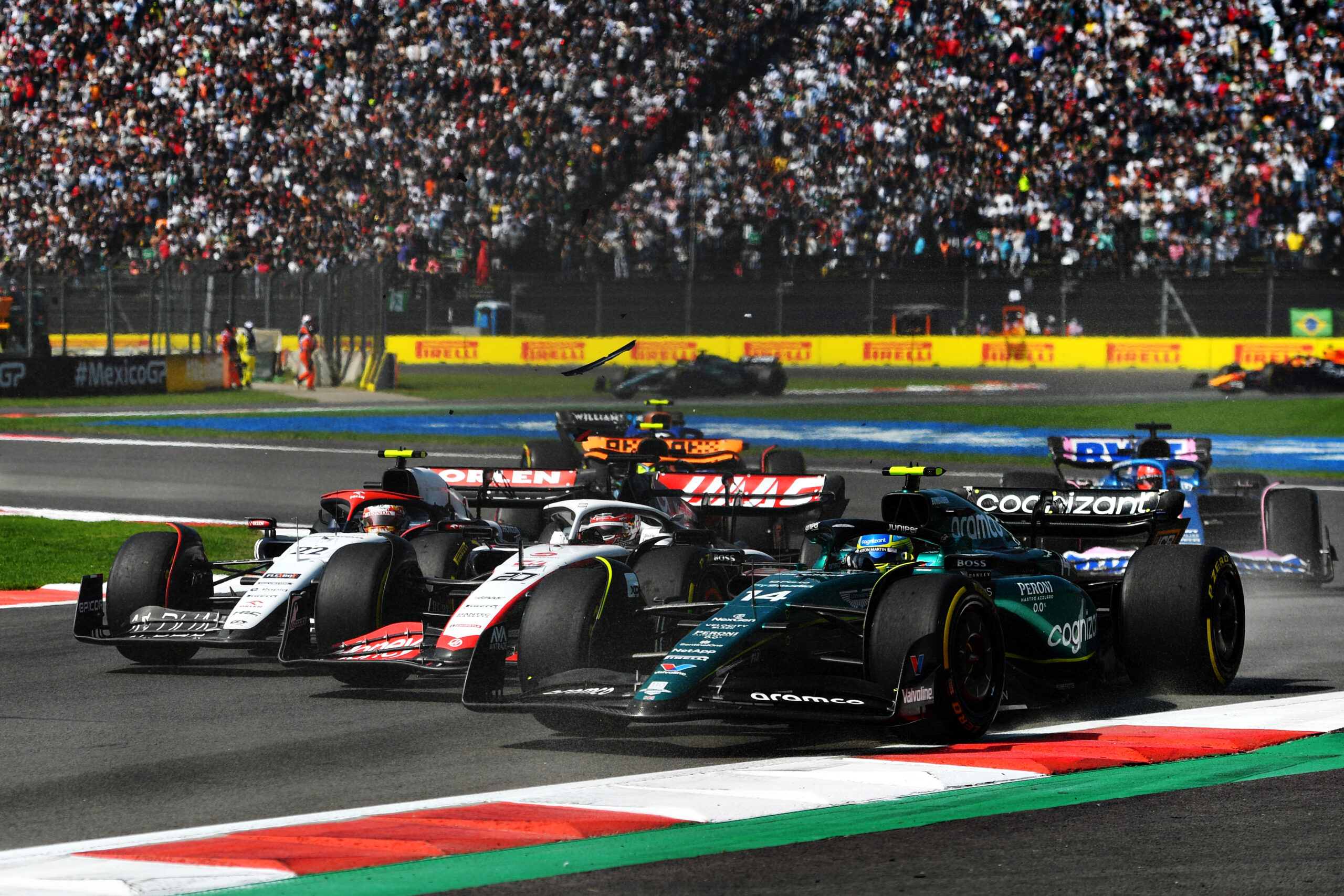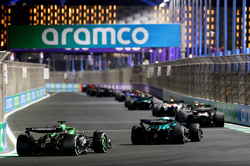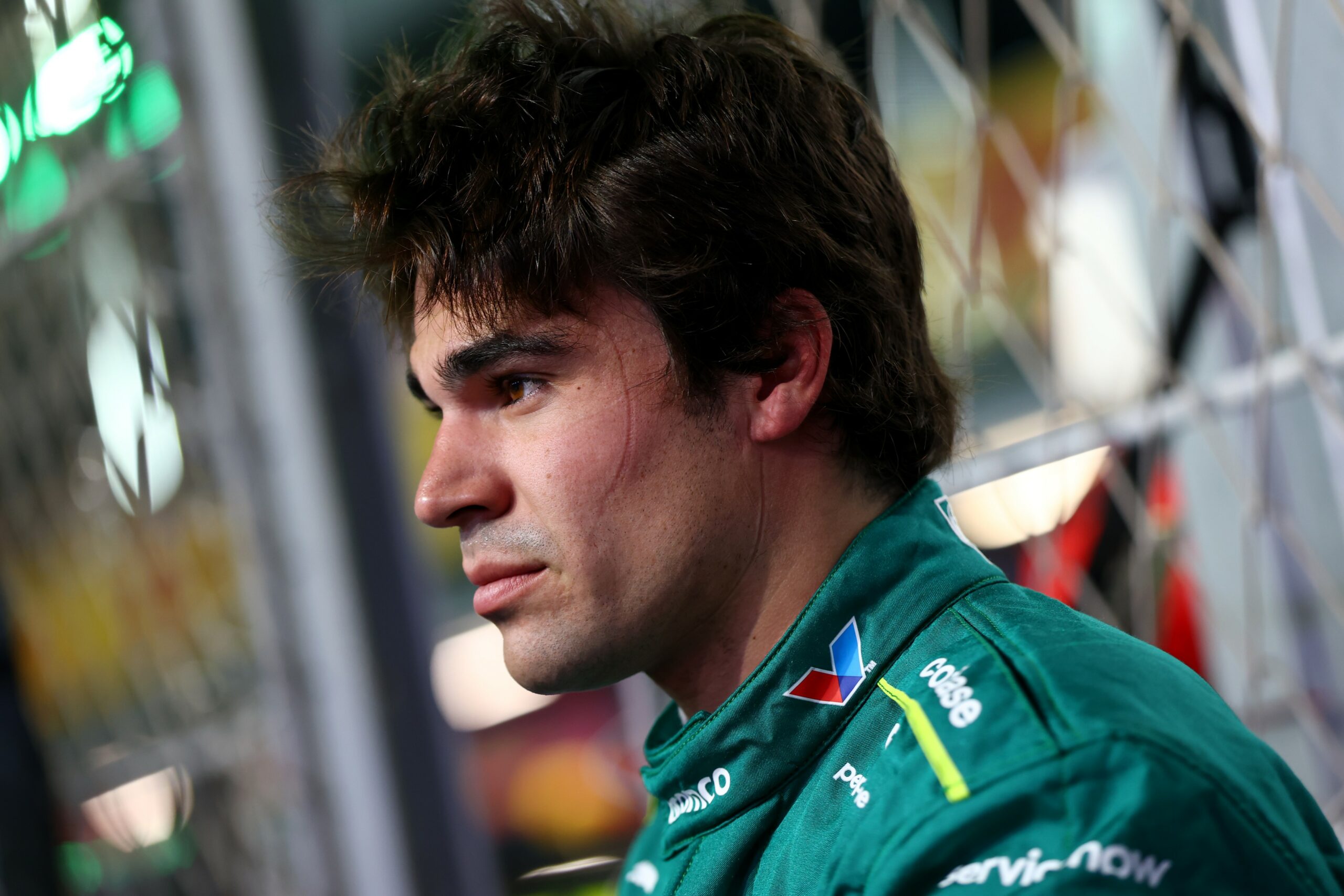Every addition to the Formula 1 racing calendar sparks a whirlwind of opinion and speculation, and with Madrid securing a spot as a 2026 F1 racing venue, much more than excitement is being spoken of within the media and by fans.
F1 CEO Stefano Domenicali is yet to officially confirm that Barcelona will be removed from the roster, but it’s unlikely that two Spanish races will feature on the calendar.
Although the Spanish capital is no doubt a picturesque setting for formula racing, Alarm bells have been set off in the mind of 1996 world champion Damon Hill.
Madrid’s circuit will likely be a hybrid track, contributing to a predicted lap time of around 1 minute and 32 seconds, and featuring street sections and non-street sections, the two will be connected via a tunnel. The current Madrid race contract is due to expire in 2035, meaning we’ll (at least) see around 10 years of formula racing at the track.
In a recent episode of the Sky Sports F1 podcast, Damon Hill voiced his concerns about the race, highlighting the similarities between F1’s trajectory and that of Formula E, the FIA’s all-electric motorsport championship.
Formula E is known for its city-centric races in iconic locations like Tokyo, Berlin, and London, and has set a trend that F1 seems to be following, with the inclusion of city races in Baku, Miami, Vegas, Melbourne, and Monaco.
Hill shared that he likes to watch the sport and its developments whilst delving into the implications of the Madrid announcement.
“This move towards a tighter, twistier circuit is going in the direction of Formula E, which has chosen to have its races in city centres and also on very, it has to be said, restricted circuits.”
Hill’s concerns go far beyond the visual appeal of the circuits. With new engine regulations on the horizon, discussions are intensifying about the challenges that come with extracting consistent performance from the cars. Hoping that the move towards street circuits isn’t a compromise due to a potential dip in performance, Hill stressed the need for thrill and speed within the sport, something fans have come to know and love.
“I hope that is not an indication of a concession made towards the fact that these cars are going to be down on performance compared to now.”
Considering frustrations expressed by the drivers in last year’s season, including world champion Max Verstappen, Hill recognises the need for the sport to evolve in response to the demands of car manufacturers and governments addressing environmental concerns. However, he emphasizes the need for exciting racing and ensures that the cars can deliver a thrilling performance on these circuits.
Steeped in history, F1 is no stranger to change. From roads that joined towns in the Ardennes to contemporary circuits like Barcelona, the sport has transformed over and over again. Hill even pointed out that iconic tracks like Spa were once, at their core, street circuits, and this shift is not an entirely new concept to consider.
“I hope it will be an exciting circuit, the most important thing is that the racing is exciting and that the cars can race on there.”





